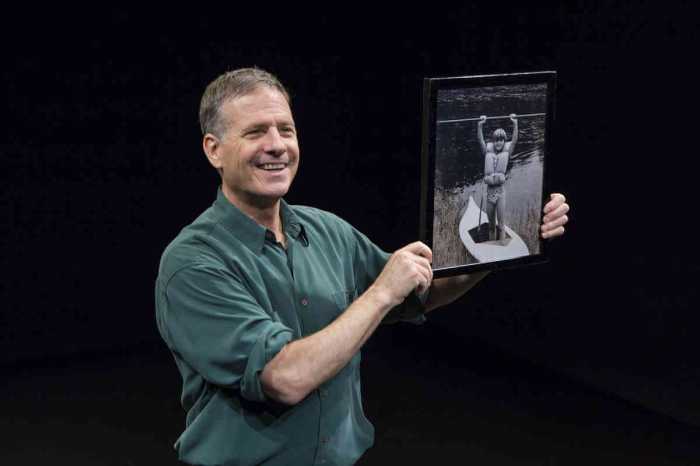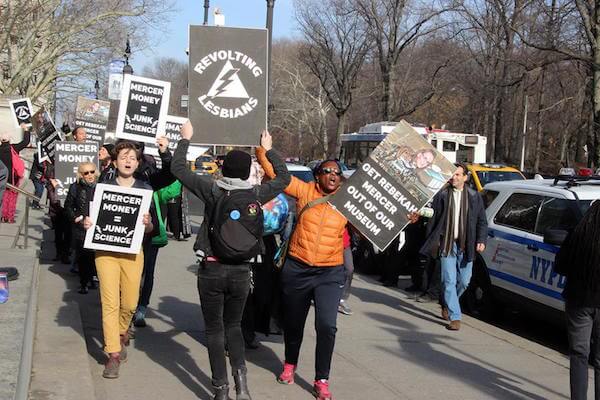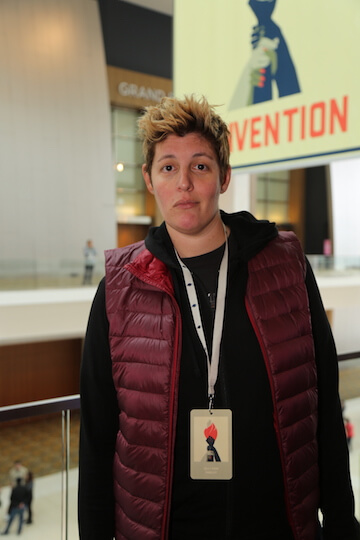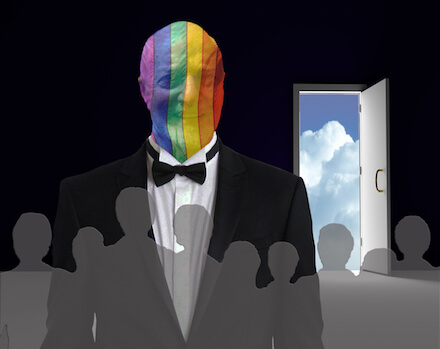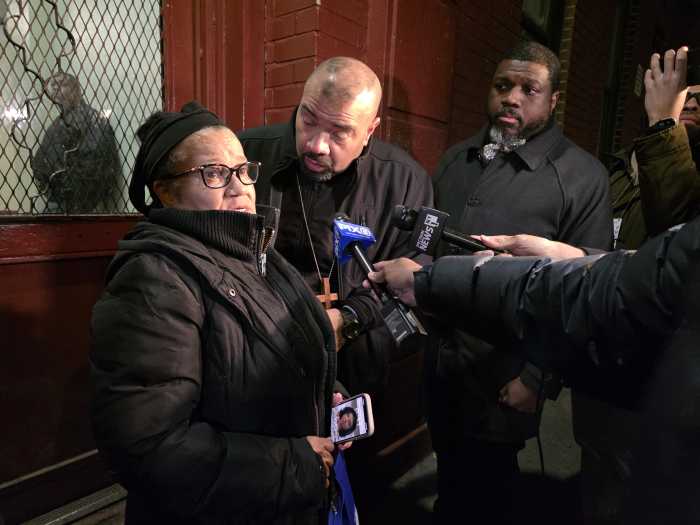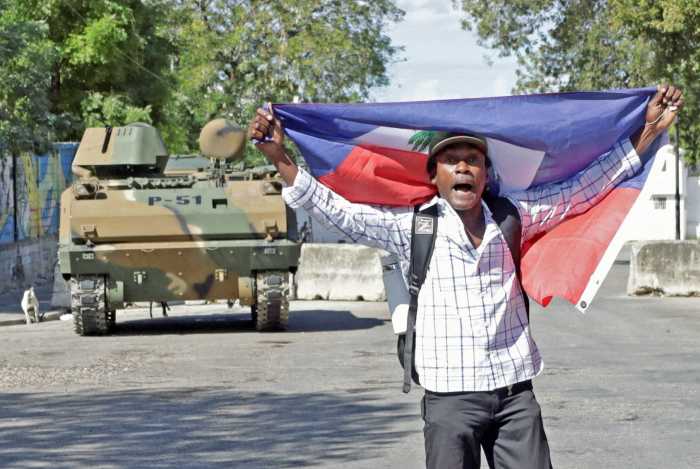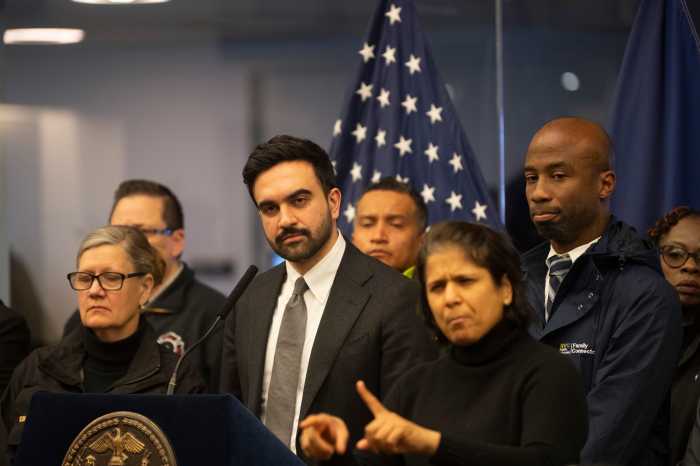A couple weeks ago a man jumped in a van, drove down a sidewalk in Toronto, and killed as many women as he could. Pretty soon the news media was full of how this man was one of those men who goes online to rant with other men about how horrible women are and how they should pay with their lives for rejecting men like them.
Almost every article, every think-piece, and interview was about these suffering men, troubled men, unwillingly chaste men, pitiful men, poor men, angry men, violent men. Men who had been disappointed. Men who had been rejected. Men who thought they deserved better. Men who were thrilled to see our blood on the streets. Men who thought there should be more. Men, men, men, men, men.
I had to make a special effort to Google the names of the eight female dead and two dead men who got caught by mistake. #SayHerName Anne Marie D’Amico, 30, Dorothy Sewell, 80, Renuka Amarasingha, 45, Mary Elizabeth (Betty) Forsyth, 94, Sohe Chung, 22, Andrea Bradden, 33, Geraldine Brady, 83, Ji Hun Kim, 22. The two men were Munir Najjar, 85, and Chul Min (Eddie) Kang, 45. #SayTheirNamesToo.
PERSPECTIVE: A Dyke Abroad
It didn’t surprise me. After very briefly listening to women declare #PussyGrabsBack, and #MeToo, the press largely refocused their attention on man after man after man, dissecting ad barfium the impact of accusations on their careers, speculating on future revelations, past omissions, their complicit friends. Meanwhile, women themselves were increasingly sidelined, mentioned only occasionally as victims, their credibility examined as such, and rarely given air time as humans trying to find some way out of the terrifying status quo.
There is only one time men seem to disappear. That’s when we start talking about “violence against women,” whose statistics are reported in grammatical constructions that are entirely passive, leaving the real subject, the real actors, undefined. All we learn is that X number of women report being harassed. X number of women are raped every year. X number killed by their domestic partners. No matter that, with very few exceptions, the unspoken subject is men. Men harass women. Men rape women. Men kill women. Subject verb object. Women don’t actually walk into doors. We don’t ever beat ourselves to death. Or lie down in front of vans of “involuntarily celibate” losers like Alek Minassian (key words I include only for search engines and algorithms, lest I be erased, too). We do not bare our pussies for you to grab uninvited.
If Bill Cosby hadn’t assaulted a dyke who could prove she’d never been interested in him, the rapist would have gotten off. Because we all want it, you know. Or should. Even caught with his hand in the roofie jar, it’s never the man’s fault. It’s no one’s. Poor men faced with our less than human faces. Poor Junot Díaz. Poor David Foster Wallace. We turned you into monsters, no doubt, by refusing to grin like idiots when you commanded, “Smile.” By refusing to suck you off. If not your dick, your ego.
As a dyke, I should by all rights be considered a noncombatant, but am not. We’re just as often victims. More frequently perhaps, because the only word that comes from our mouths is an infuriating “no.” Though, like other women, nobody ever hears us. Even women.
This straight girl I know, while she was living in my house asked, “Why are you so angry all the time? Why do you have to keep talking about dykes?” Because you don’t. And if I don’t, who will? And who will listen, when even straight women aren’t heard? When at least half the queers consider dykes monstrous? As suspect. Two women off alone doing what?
And meanwhile, two men, eight women are dead, 14 hurt, erased just like that. As an example to the others. A terrorism that we refuse to name.
I’ve had enough. I’m done. “You do not do, you do not do / Any more, black shoe.”
I will become like Sylvia Plath. That pathetically female poet. Whose language like her body smashed up against glass walls until she smashed herself. I’d like to sometimes. There are so many straight people in the world. So many men. I get bruised so often when I speak.
Kelly Cogswell is the author of ”Eating Fire: My Life as a Lesbian Avenger,” from the University of Minnesota Press.

